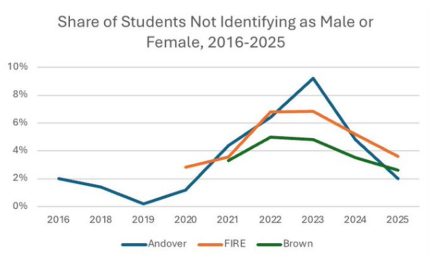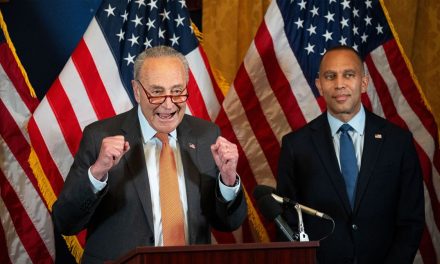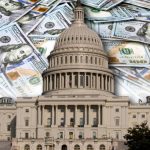
Texas Proposal Fights Big Tech Censorship

A new proposal introduced by Texas lawmakers aims to crack down on Big Tech censorship of conservative voices. The proposal prohibits Facebook and other social media companies from banning or demonetizing users based on their political views.
The bill has support from Texas Governor Greg Abbott (R). He promised that “conservative speech will not be canceled in the state of Texas.”
The bill is similar to a proposal – introduced in February by Florida Governor Ron DeSantis (R) following Facebook’s decision to ban former President Donald Trump – that would penalize social media companies if they suspend a candidate who is currently running for office.
The Texas proposal, introduced by state Senator Bryan Hughes (R-Mineola), would give residents the ability to sue a social media company that bans or otherwise mistreats them as a result of their political views.
“Texans who feel they have been unfairly targeted by these companies should be able to use our judicial system,” argues Texas state Rep. Briscoe Cain (R-Deer Park). “No one is above the law. These companies should not benefit by receiving tax dollars through government contracts.”
In September 2019, Cain’s Twitter account was suspended after he tweeted, “My AR is ready for you” in response to a gun buyback program proposed by then-Democratic presidential candidate Beto O’Rourke.
“The First Amendment is under assault by the social media companies and that is not going to be tolerated in Texas,” said Governor Abbott. He filed a brief with the Supreme Court backing states’ rights to protect free speech.
“[Social media companies] are controlling the flow of information and sometimes denying the flow of information…And they are being in the position where they’re choosing which viewpoints are going to be allowed to be presented,” Abbott also said. “Texas is taking a stand against Big Tech political censorship: We’re not going to allow it in the Lone Star state.”
Critics say the law would also encourage companies to leave harmful and objectionable content online.
“[It] also creates a culture that supports frivolous lawsuits against American companies,” argues Servando Esparza, an executive director of TechNet.
The Texas proposal is also likely to face challenges from federal regulations including Section 230 of the Communications Decency Act. Section 230 gives social media companies free rein to moderate their own platforms with little threat of legal action.
Lawmakers have long considered altering or eliminating Section 230, but are uncertain how to proceed.
Sources:
Texas Gov. Abbott Supports Bill to Prohibit Big Tech From Censorship
Big Tech has big power over online speech. Should it be reined in?
Gov. Greg Abbott backs bill to stop social media companies from banning Texans for political views




























Alice, no one has addressed Larry trying to limit comments on this blog. Since he is a tireless advocate for free speech, I was disappointed that he would switch platforms that limited commenting. And the fact that there was no readily available email to contact Larry to voice concerns.
Regardless, I’m glad he has opened up the comment section again. I’m posting on progressive Reddit subreddits to try to help the blog by getting more clicks and comments.
Alice, trump seemed to get the ball rolling on eliminating Rule 203, which limits an internet provider and sites from getting into trouble for things posted on their sites.
With the possibility of Republicans eliminating protections from fallout of things posted , do you think that perhaps this is leading to companies being more diligent about policing content of their platforms?
Parlor did a great purge after the attempted insurrection , knowing their liability under trump’s attempted elimination of Rule 203.
What are your thoughts on the correlation of his eliminating protections and tech censoring content.
Ben, do you mean Section 230?
Correct Arthur. Thank you for pointing that mistake out.
The question stands, does trump’s push to eliminate the protections of Rule 230 lead to websites be more aggressive in eliminating the speech that conservatives put on the Internet?
One way to proceed. or two more arrow to put in the quiver are these:
1. Allowing some content while banning other content can be blatant DISCRIMINATION based on political persuasion.
2. Banning some content while allowing other content can be POLITICAL IN KIND DONATIONS and therefore needs to be taxed.
3. Sue for DAMAGES to your reputation. Sue for MONETARY LOSS (such as not being able to use and update Facebook Marketplace.